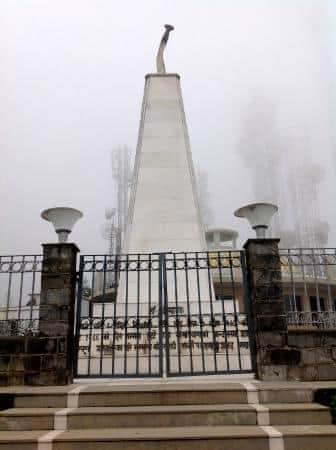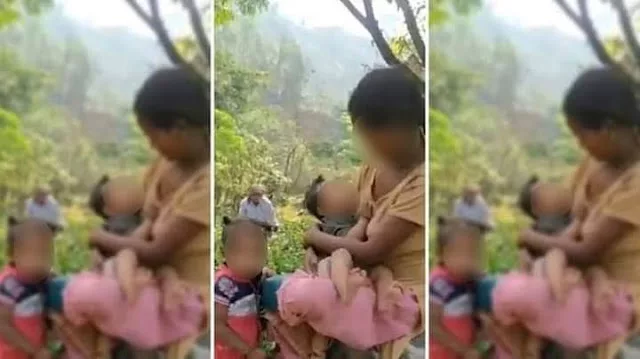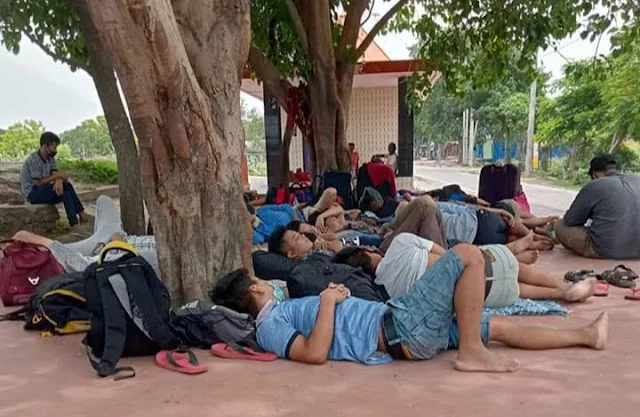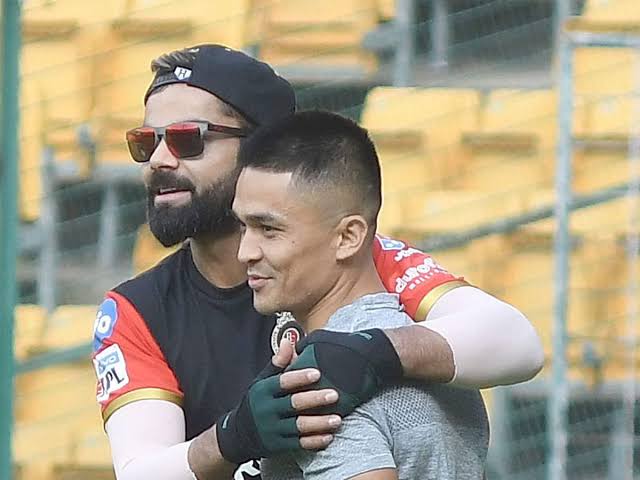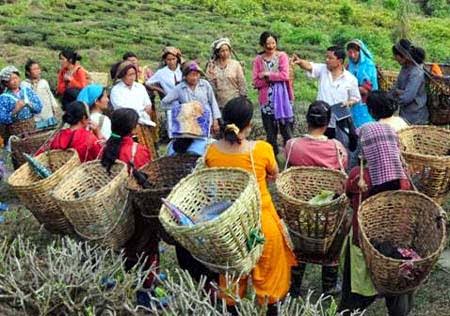At the time, Cardozo was a major in a 5 Gorkha Rifles battalion, comprising about 750 soldiers, that was tasked with capturing Atgram near Sylhet.
It was short of artillery and food supplies, but ultimately managed the surrender of two Pakistan Army brigades, including three brigadiers, a colonel, 107 officers, 219 JCOs and 7,000 troops in one of the most incredible successes of the war.
Speaking at a book release event here, he said: “Today I would like to use this platform to pay tributes to the BBC. They were the only reliable broadcasting station at that time, giving news as it happened. The Indian Army had nothing to hide, so the British war correspondents were going along with our troops.
 |
| How 750 Indian Gorkha Soldiers made 7326 Pakistani Soldiers surrender in 1971 WAR |
– – – – – – – – – – – – – – –
“They were reporting minute-to-minute the progress of the battle. But they made a mistake. They announced that a ‘brigade’ of Gurkhas had landed at Sylhet. We heard it, as well as the Pakistanis. So we decided to pretend that we were a brigade.”
– – – – – – – – – – – – – – –
Taking advantage of the misinformation, Cardozo’s battalion built on small victories and created a situation where the Pakistani troops offered to surrender on December 15, 1971. Until it happened, Cardozo and others believed a Pakistani brigade was in the area, but they were surprised to discover the final number was more than twice the strength of a brigade.
One of the most decorated officers of the Indian Army, Cardozo recalled the vital operation to capture Sylhet during a packed invitation-only event to celebrate the life of Lt Gen FN Bilimoria, former head of the central command and father of Karan Bilimoria, a member of the House of Lords.
Cardozo, a contemporary of Lt Gen Bilimoria, penned the book ”Lieutenant General Bilimoria: His Life and Times”, which was recently presented to Indian Army chief Gen Dalbir Singh in New Delhi.
The book release event here was attended by leading lights of the British Army, including former chief of general staff, Field Marshal John Chapple, and several Bangladesh citizens, who became emotional on meeting the man who played a defining role in their country’s formation.
One Bangladeshi member of the audience thanked Cardozo for the “great job you have done for us”. Cardozo is expected to receive an enthusiastic reception at the Bangladesh high commission here on Tuesday.
Answering questions, Cardozo said calmly but firmly: “I do not like to use this platform to denigrate Pakistan. I think everybody knows what they are up to, what they have been up to and what they continue to do. I don’t have to elaborate.
“But India believes in peace, people, progress, development, not in war. But if war is forced upon us, as it was in 1965, in 1971 and in Kargil, we were the victors in every war,” he added to much applause.
Retired British Army officers recalled their interaction with Lt Gen Bilimoria, who was the Indian Army’s liaison officer in the School of Infantry in Warminster in the 1970s. A popular soldier, he saw action in the 1971 war and held several key posts, including GOC of the central command. Karan Bilimoria recalled the values passed on to him by his father, who died at the age of 72 in 2005.
Cardozo’s remarkable military career saw him losing a leg when he stepped on a landmine in the 1971 war. He cut off his mangled leg with his own khukri and told his Gurkha batman: “Now go and bury it.”
Determined not to let the disability affect his career as a soldier, he later became the first disabled officer in the Indian Army to command an infantry brigade. He has penned books on war heroes and the sinking of INS Khukri in the 1971 war.
Via defencenews
By: Hindustan Times

